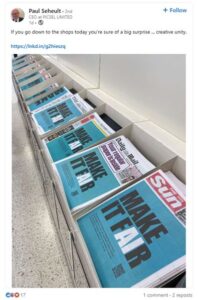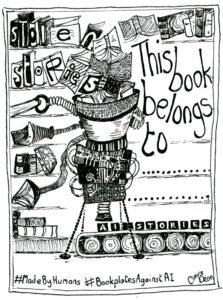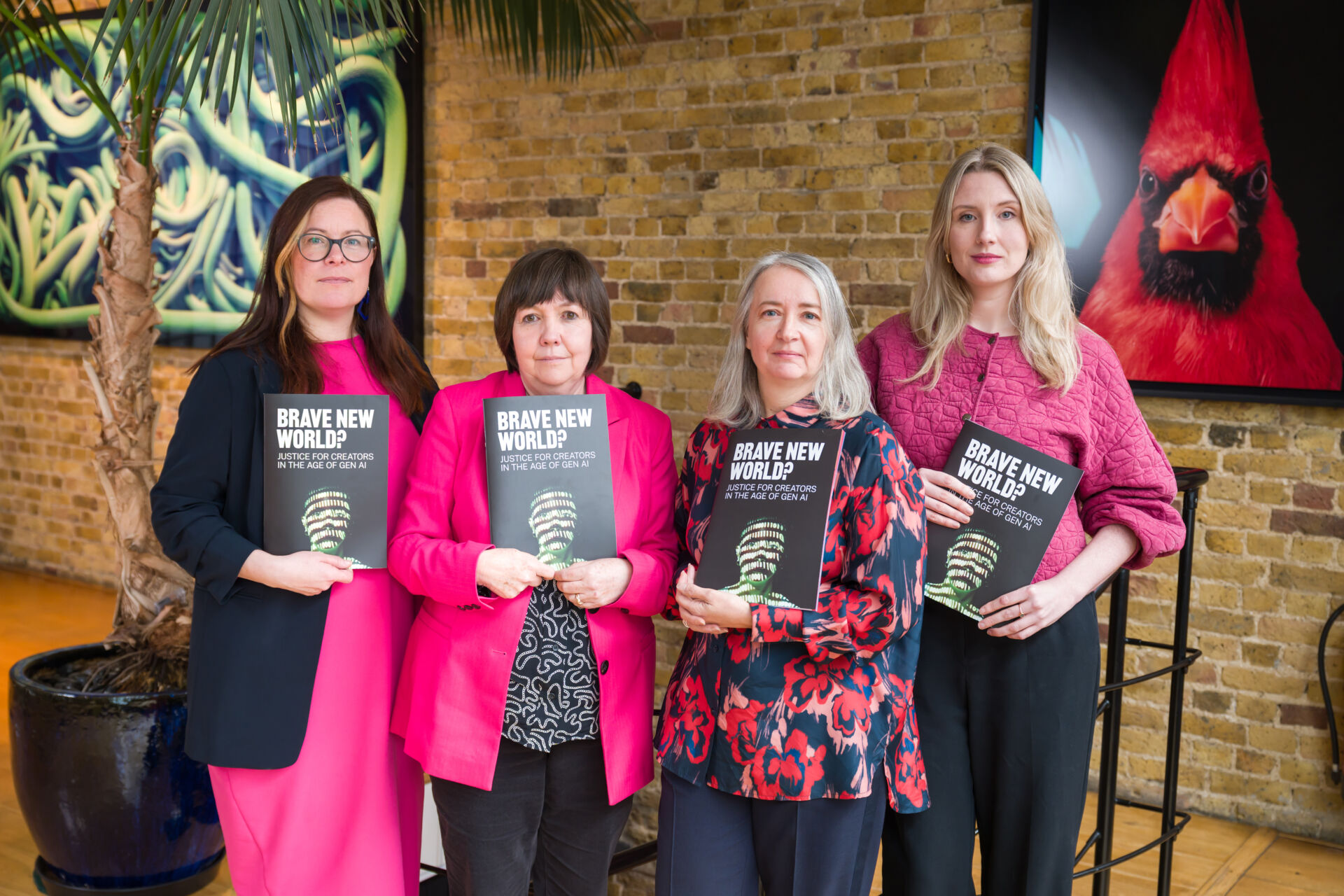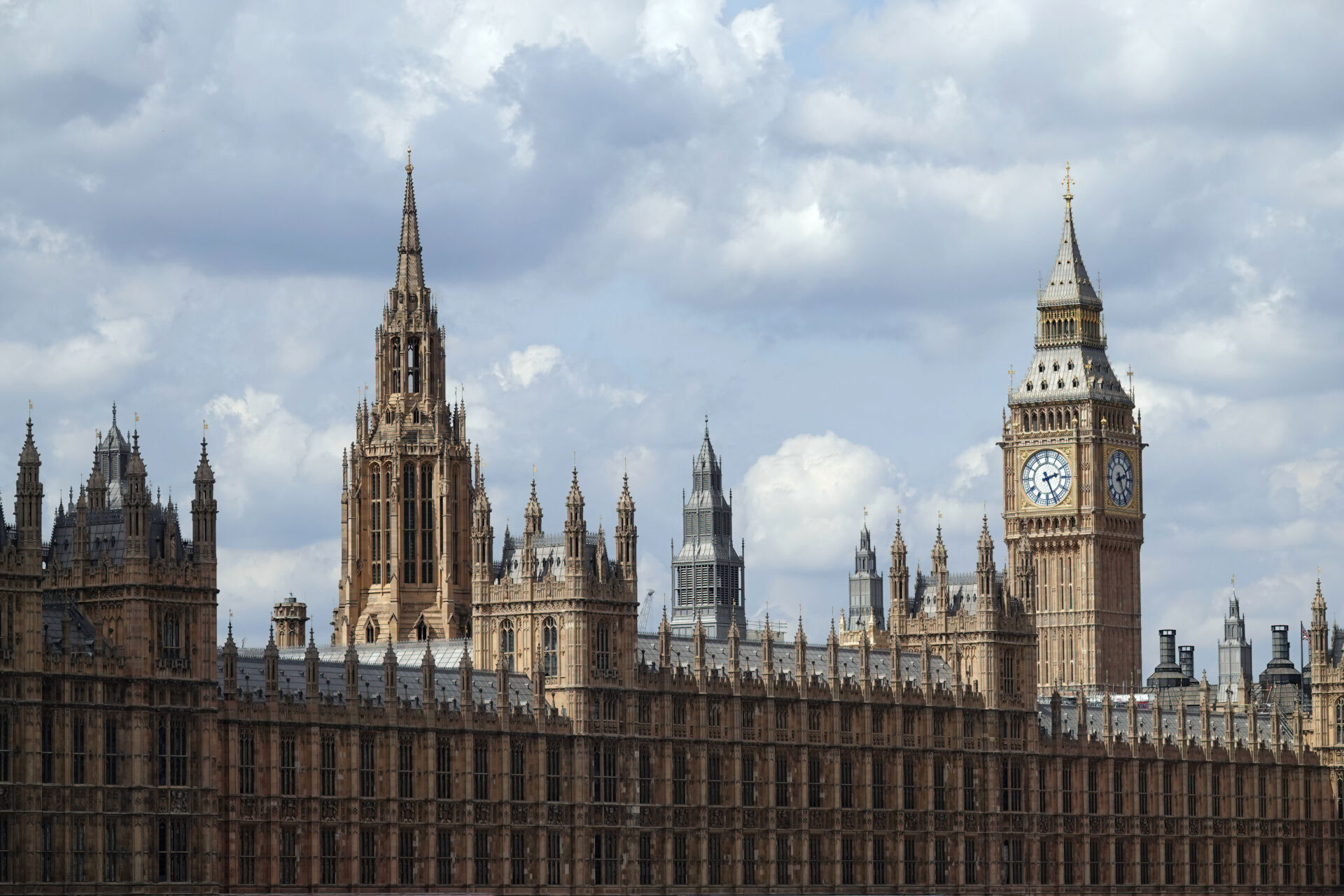Tuesday 25 February saw an unprecedented campaign unfold, asking the government to Make it Fair when it comes to the impact of potential artificial intelligence (AI) legislation on the creative industries. The campaign launched on the closing day for submissions to the government’s consultation on AI and copyright, with reports that government had been ‘overwhelmed’ by thousands of responses.
As members of the Creative Rights in AI Coalition (CRAIC), we marked the launch of the campaign by sharing our members’ views and experiences across social media, and with a Make it Fair takeover of our homepage. The CRAIC press release can be read here.
Every major newspaper featured the Make it Fair branding on the cover to raise awareness among the British public about the threat AI poses to the UK’s world-leading creative industries. The campaign was covered across all media including in the Daily Mail, the Guardian, the Independent, as well as numerous other print publications and digital news agencies. We have already seen signs that the lobbying is having an impact, with key concessions being considered by the government.
Following the campaign, Technology Secretary Peter Kyle offered to meet with Sir Paul McCartney and Lord Lloyd Webber to talk about the government’s AI plans, as reported by The Telegraph.
The support on social media was equally impressive from the creative industries, SoA members and the wider author community. We thank all our members for writing to their local MPs to raise their concerns and for spreading the word on social media.
It’s important that we keep the pressure on government, so please write to your local MP if you can, or sign this open letter.
The SoA’s response to the government consultation
In January, the SoA surveyed members about their use and views of generative AI. We received 1,035 responses, which helped to inform our 46-page submission to the consultation.
Download an executive summary of the SoA’s submission below.
Make it Fair on social media
#MakeItFair #HandsOffOurCopyright #PayTheCreator #AICopyright https://t.co/AvG7LEXIVg
— Sarah McIntyre (@jabberworks) February 25, 2025
SoA board member Juliet McKenna posted on Bluesky: ‘software developers are selling generative AI on the economic model of a primary school cake sale. Other people […] do the crucial work unpaid, while the sellers of the end product keep all the income.’
Andrew McDougall said ‘I’ve written to my MP – the first time I’ve written to the new incumbent. We cannot allow the government to green light the theft of creative work’.
SoA member Amy Gray shared how she ‘coordinated a letter from [the SoA] members in Cambridge to our local MP asking him to respect British copyright laws and not vote to hand over the work of creatives to tech giants.’ Their letter was covered in Cambridge Independent.

SoA Fellow Stephen Fry joined Dua Lipa, Kate Bush and others, as signatories to a letter to the editor of The Times warning of ‘a wholesale giveaway of rights and income from the UK creative sectors to big tech’.
Other SoA Fellows took to social media, sharing their views in a variety of ways, such as Sarah McIntyre who posted a compelling video stating the importance of protecting children’s books from the impact of AI, and Cressida Cowell, who shared her reasons for writing to her MP with a set of graphics.

In the run-up to the consultation closing day, SoA Fellow Kazuo Ishiguro urged the government to ‘reconsider and change course’ on AI, warning that ‘no one believes the proposed ‘opt-out’ system will work’. His words were picked up in The Bookseller and The Times. Kazuo’s view echoed SoA Fellow Kate Mosse’s own, shared with The Bookseller in December of last year.
On LinkedIn, Creators’ Rights Alliance member and CEO of PICSEL, Paul Seheult shared pictures of newspaper covers displaying the Make it Fair campaign branding in his local shop.
The creative industries are one of the UK’s greatest exports. Our wonderful music, musicians and creativity are at risk if government continue to side with AI and big tech.
— ISM (@ISM_music) February 25, 2025
The message is simple – #MakeItFair pic.twitter.com/MPM2gDulkX
SoA member Claire Dean said she’s ‘grateful to my union [the SoA] for fighting the UK government’s plans to gift the work of writers, artists […] and more to AI companies (on top of the work they’ve already stolen)’, and shared the wonderful illustration above.
Composer and CEO of Fairly Trained, the non-profit that certifies generative AI companies for fairer training data practices, Ed Newton Rex, together with 1,000 musicians including Kate Bush and Damon Albarn, released an (almost) silent album in protest ‘of the UK government’s plan to upend copyright law to benefit AI companies.’ ‘Is This What We Want?’ features recordings of empty studios & performance spaces, ‘representing the effect the govt’s [sic] plans would have on musicians’ livelihoods’. The album is available for streaming on Spotify.
The Independent Society of Musicians shared videos of solo performances by musicians, to urge government to Make It Fair ‘for the future of music and all creativity’.
Staunch defender of the UK’s copyright regime, Baroness Beeban Kidron also spoke with The Bookseller about the amendments she tabled to the Data Bill and the overwhelming response to the government consultation.
Industry responses
As members of the Creators Rights in AI Coalition, the SoA was one of a number of organisations to amplify the campaign, to protest against the government’s proposed changes to UK law to enable big tech platforms to train AI models on British creative works without permission or payment.
Anna Ganley, Chief Executive of the Society of Authors, said ‘If tech companies want to use creators’ copyright-protected work, they need to pay for that use and creators shouldn’t have to opt out from having their work stolen for the commercial benefit of AI tech companies.’ Her full quote can be read in the press release.
The SoA worked closely with the US Authors Guild and the European Writers’ Council who supported the SoA’s submission with their own responses to the consultation. The EWC notably urged the UK ‘not to follow the disastrous example of the European Union by creating a new exception in the current law for the benefit of AI companies and to the detriment of UK authors’. The EWC full response can be read here.
In the Publishers Association’s statement, CEO Dan Conway said ‘The message to government is clear: the great copyright heist cannot go unchallenged. […] We urgently need transparency regulations to lift the lid on AI usage to ensure that the huge opportunities that AI can bring are realised in a way that incentivises growth across the whole economy and is safe and ethical for those who use it.’
ALCS shared their response to the government consultation. In their news piece, Deputy CEO Richard Combes said ‘This is a fork in the road moment. We can pursue the creation of a transparent, adaptable marketplace for generative AI rights, one which delivers the control and access the government wants, or head down a path of uncertainty and division, inviting the legal contest and rancour that has followed attempts elsewhere to reset copyright rules in favour of AI developers.’
The Association of Illustrators, the Independent Society of Musicians, the Society of Editors and many other creative organisations shared the Make it Fair campaign on the day.
Further information:






